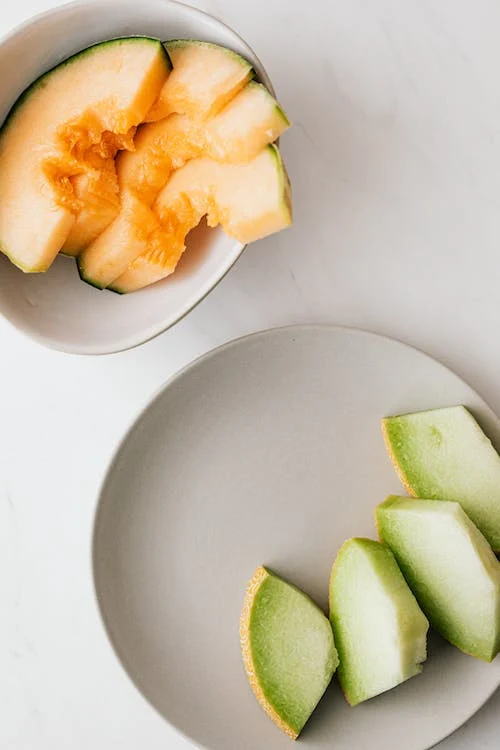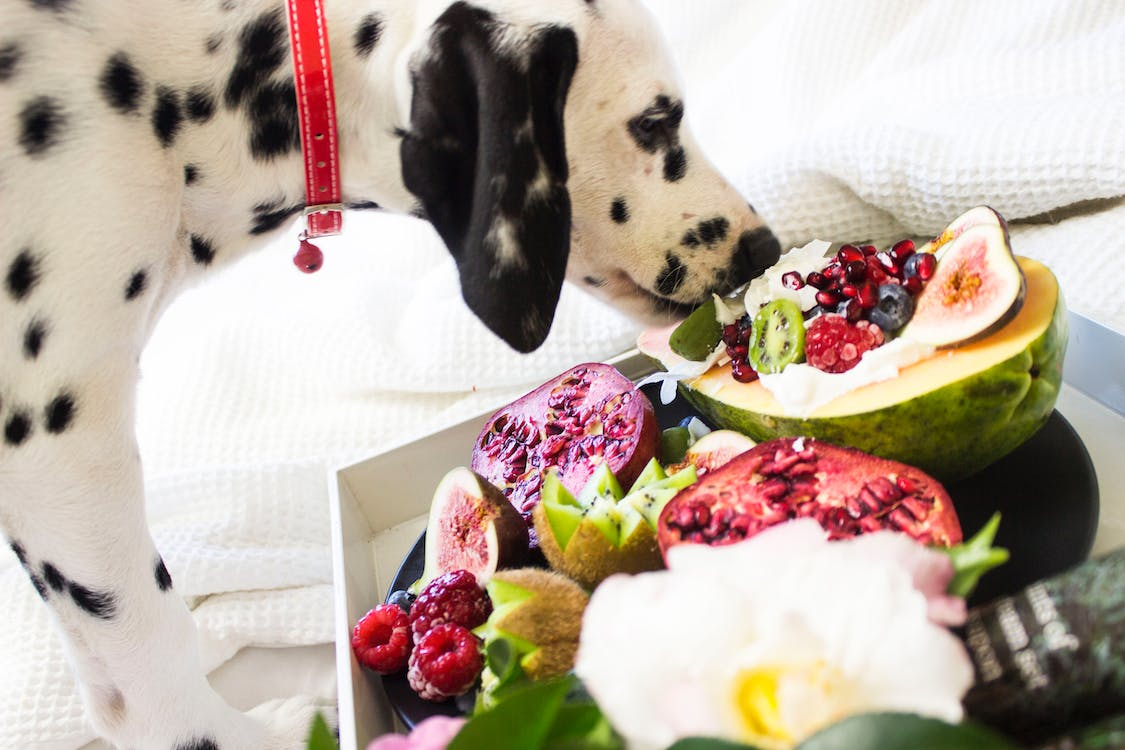As autumn hits peak stride, decorative pumpkins serve as quintessential holiday decor. But did you know pumpkins also offer tremendous health benefits for canines? So when using fresh pumpkins in cooking or sipping seasonal lattes, it’s natural to wonder: is pumpkin good for dogs too?
The answer is a resounding yes! Veterinarians widely recommend plain pumpkin for dogs struggling with everything from constipation to upset stomachs. Pumpkin provides a powerhouse of nutritional value with vitamins, minerals and fiber galore.
Read on to learn how to safely incorporate pumpkin into your pup’s diet to unlock the amazing benefits.
Is Pumpkin Healthy for Dogs?
From ripe harvesting fields to holiday pies and lattes, pumpkins offer far more than jack-o-lantern-carving potential. The bright orange flesh provides a wealth of nutrition making it a goldmine veggie for canines.
Potential Pumpkin Benefits for Dogs Include:
- High in dietary fiber to regulate digestion
- Provides immune-boosting vitamin A
- Contains essential minerals like potassium and phosphorus
- Has antioxidant properties to support health
- Low in calories as a filling weight loss aid
Due to its stellar nutrition profile, vets routinely recommend plain pumpkin for dogs requiring digestive or weight support.

Can Dogs Eat Pumpkin Seeds?
While the pumpkin flesh offers tremendous advantages, what about all those scooped-out seeds when prepping jack-o-lanterns and pies? Can dogs eat pumpkin seeds too?
The answer is yes, in moderation. Pumpkin seeds provide healthy fats, fiber, zinc and magnesium. However, the hard outer shell can be difficult to digest.
Be sure to:
- Roast seeds to improve digestibility
- Only feed a few at a time
- Crush into small pieces if necessary
- Monitor stool for signs of irritation
Overall, pumpkin flesh proves healthier than seeds. But small amounts of shells offer benefits.

Can Dogs Eat Pumpkin Pie?
While plain fresh pumpkin brings benefits galore, it’s best to avoid sharing that holiday pumpkin pie begging for “quality control” samples from the kitchen counter.
Potential dangers of pumpkin pie for dogs include:
- Excess sugar causing upset or obesity
- Spices like cinnamon, nutmeg, cloves can be toxic
- Doughy crust may obstruct digestive tract
- Xylitol in canned pie fillings poses deadly risks
The people food perks stop at plain pumpkin. Skip the pie when treating pups!
Can Dogs Eat Canned Pumpkin?
For optimal convenience outside fall pumpkin season, veterinarians often recommend dogs consume canned pure pumpkin. But beware added ingredients sneaking in baked pie mixes.
Seek plain canned 100% pumpkin containing:
- Pure pumpkin mash only
- No added sugars, spices, oils or preservatives
- Low sodium or reduced salt versions
Then simply spoon a dollop into meals!

What Are the Benefits of Pumpkin for Dogs?
From dietary aids to digestive soothers, here’s an overview of why veterinarians routinely recommend owners add pumpkin to dog diets:
Digestive Health
- Soluble fiber prevents constipation
- Soothes digestion upset like diarrhea or vomiting
Weight Loss/Management
- Low calorie way to fill dogs up
- Provides nutritious fiber without excess carbs
Skin/Coat Health
- Vitamin A and antioxidants reduce skin inflammation
- Zinc and fatty acids contribute to healthy fur
Pumpkin’s versatility makes its nutritional prowess valuable for both prevention and treatment.
How Should I Feed Pumpkin to My Dog?
Adding pumpkin goodness into your dog’s diet proves super simple following these tips:
- Select unflavored canned 100% pumpkin or fresh roasted pumpkin flesh
- Gradually introduce small amounts to ensure tolerance
- Mix a few tablespoons into your dog’s regular kibble
- Adjust serving size up slowly according to your dog’s preferences
- Refrigerate leftover canned pumpkin in a sealed container for up to one week
And that’s it! Let your pup enjoy pumpkin’s amazing benefits.
How Much Pumpkin Can Dogs Eat?
When initially integrating pumpkin or any new food, moderation helps avoid dietary issues. Follow these serving guidelines:
- Small dogs: 1-4 tbsp pumpkin
- Medium dogs: 2-6 tbsp pumpkin
- Large dogs: 0.25-1 cup pumpkin
Monitor stool health and reduce portions if diarrhea results from too much fiber. Some dogs enjoy pumpkin daily, while a few times weekly proves beneficial for others.

Is Pumpkin Safe for Dogs?
For most canines, pumpkin offers tremendous advantages and minimal side effects. However, introduce new foods slowly and remain vigilant for any intestinal concerns such as:
- Loose stool or diarrhea
- Gas or abdominal discomfort
- Dehydration from fiber drawing in water
Additionally, dogs with diabetes should avoid concentrated sugars found in pumpkin pie mixes versus plain fresh pumpkin. But for the average pup, pumpkin provides a superfood jackpot!
The Verdict: Is Pumpkin Good for Dogs?
In summary, here’s the final word on pumpkin’s safety and merits for improving canine health:
👍 Yes, plain fresh roasted or unseasoned canned pumpkin offers tremendous digestive and nutritional benefits for dogs!
🔸 Introduce gradually and stick to moderate portion sizes
🔸 Avoid sugary, spiced pumpkin pie mixes
Time to share the pumpkin fun with your furry best friend! Happy Fall 🎃🐶

Pumpkin FAQs
Still have questions before offering Fido his first taste of pumpkin? See below:
Q: How much pumpkin should I give a constipated dog?
A: Start with 2-4 tablespoons for small dogs, gradually increasing to 1⁄4 cup as needed to get GI tract moving. Reduce portion once stools return to normal.
Q: Is canned or fresh pumpkin better?
A: Both offer the same benefits! Canned proves more convenient year-round but fresh works great too. Just avoid pumpkin pie filling with added sugar and spices.
Q: Can puppies have pumpkin too?
A: Yes, pumpkin benefits puppies starting at weaning age. Mix a tablespoon into mushy food and increase slowly as tolerated.
Pumpkin offers a nutritional bounty for dogs – start spooning out those benefits today!



